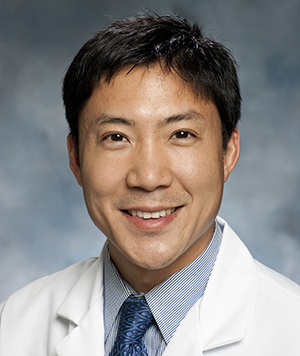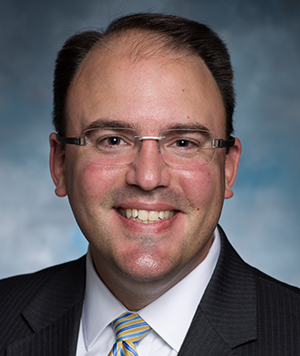By Thomas L. Jang, MD, MPH, FACS and Eric A. Singer, MD, MA, FACS

Overview – Testicular Cancer
According to the National Cancer Institute, testicular cancer is the most common malignancy among men ages 15 to 35. This year, about 9,560 new cases and nearly 410 deaths are expected from testicular cancer in the United States. While the risk of developing testicular cancer is low, every man should understand some basic facts about this disease.
Risk Factors
Men whose testicles did not descend into the scrotum at birth, a condition known as cryptorchidism, are at an increased risk for testicular cancer. Bringing the testicle down into the scrotum with surgery doesn’t decrease the risk of developing testicular cancer but it does make it easier to examine the testicle and find any abnormalities early. Other established risk factors include a family history or personal history of testicular cancer.

Thomas L. Jang, MD, MPH, FACS

Eric A. Singer, MD, MA, FACS
Symptoms and Evaluation
Testicular cancer usually presents as a lump on the testicle. The mass may be painless, but some men notice a “fullness” in their scrotum on the side of the tumor. In cases of advanced testicular cancer, or cancer that has spread to other parts of the body, men can experience back pain, abdominal pain, cough, or unintentional weight loss. Any man who feels a testicular mass should seek medical attention immediately.
Treatment and Outcomes
“When in doubt, get it checked out.” Many men ignore what is happening to their bodies. Waiting and hoping that a testicular mass will simply go away on its own is dangerous and can lead to cancer affecting other parts of the body. Most men with testicular cancer, even those with advanced disease, can be cured with surgery, chemotherapy, radiation, or a combination of these treatments. Surveillance may be appropriate for some men after the diagnosis has been established.
Resources
- Rutgers Cancer Institute of New Jersey: www.cinj.org
- National Cancer Institute: www.cancer.gov
Thomas L. Jang, MD, MPH, FACS and Eric A. Singer, MD, MA, FACS are urologic oncologists at Rutgers Cancer Institute of New Jersey.

